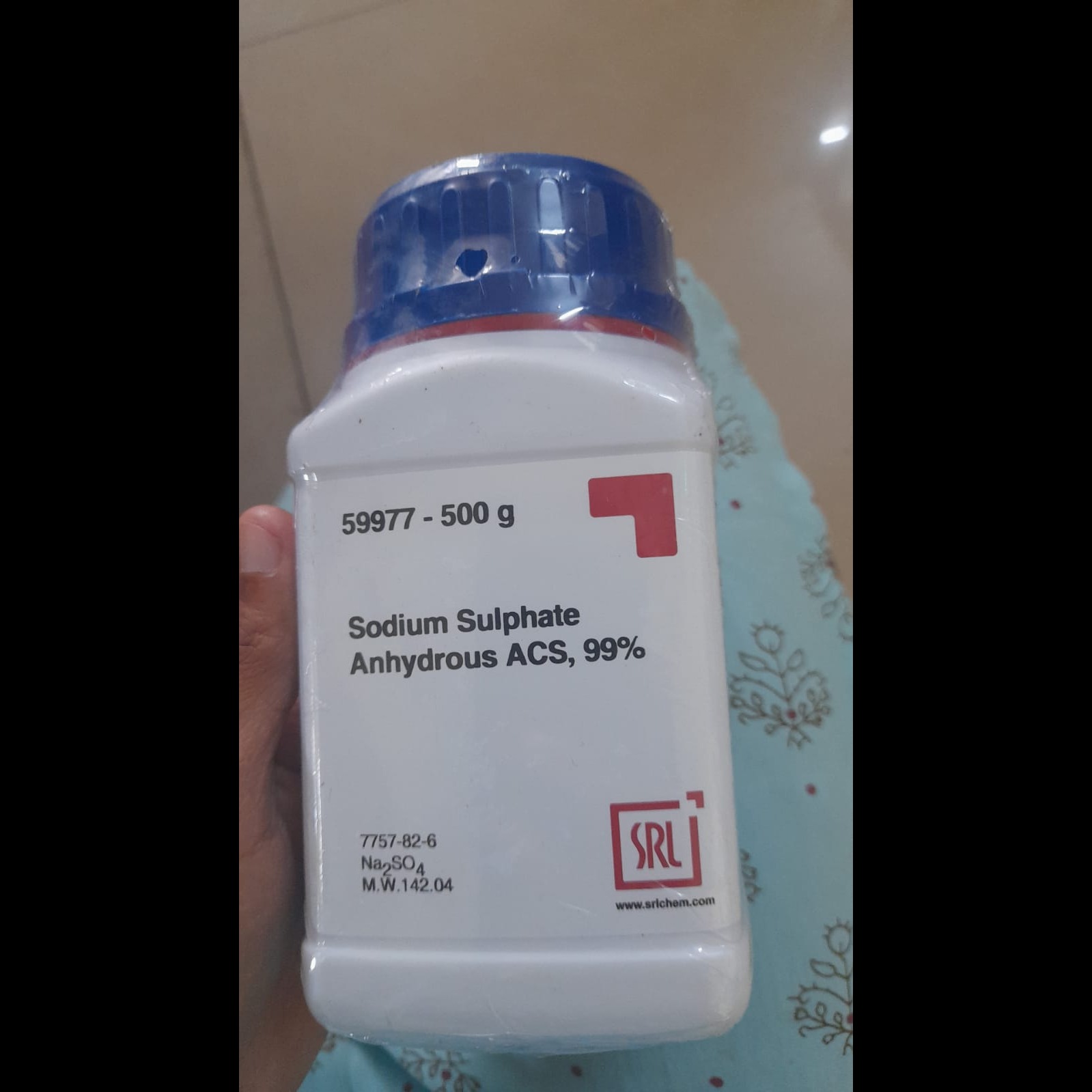
2025-10-27T06:34:50
Sodium sulfate anhydrous is a white, odorless, crystalline solid used as a drying agent, a filler in detergents, and an additive in glass and paper manufacturing. It is the water-free form of sodium sulfate, is highly soluble in water, and has various industrial and laboratory applications, from textiles and pharmaceuticals to organic synthesis. Primary applicationsDue to its properties, particularly its ability to absorb water, sodium sulfate anhydrous is used across many industries: Detergents: It serves as a filler in powdered laundry detergents to reduce production costs and to ensure even distribution of the active ingredients. Glass manufacturing: As a fining agent, it helps remove small air bubbles from molten glass, ensuring a smooth, transparent, finished product. Pulp and paper: It is a key chemical in the Kraft process, which converts wood into wood pulp. Textile industry: It acts as a leveling agent during dyeing to help dyes penetrate fabrics evenly and minimize uneven coloring. Chemical and laboratory use: In organic synthesis, it is a common inert drying agent for removing trace amounts of water from organic solutions. Construction: It is used as a cement additive to reduce water, speed up curing, and act as an anti-freeze agent. Food industry: As a food additive (E514), it acts as a thickener and anti-caking agent. Key uses Detergents: Used as a filler to provide volume to powdered detergents. Glass manufacturing: Helps remove air bubbles from molten glass. Textile industry: Acts as a leveling agent to help decrease the negative charges on fibers, which aids in dyeing and printing fabrics. Paper industry: Utilized in the Kraft process for paper pulping. Laboratory: Serves as a drying agent for organic solvents. Pharmaceuticals: Used in some laxative formulations. Other: Also used in crop farming, in the production of medicines, and as a catalyst in certain chemical reactions.

Have a question? Ask here!
Required fields are marked *